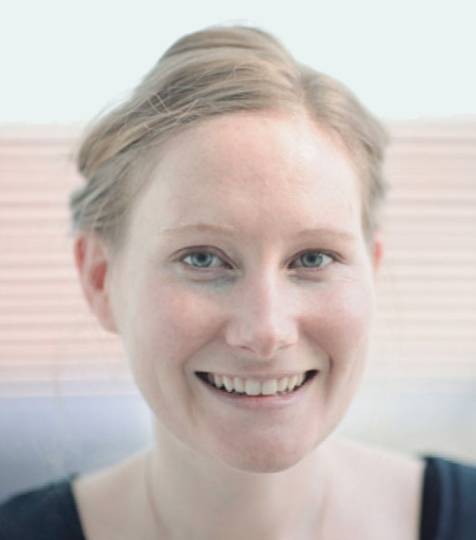[ad_1]
The Pew Charitable Trusts introduced today that Princeton ecologists Shane Campbell-Staton and Sarah Kocher are members of the most recent class of the Pew Scholars Method in the Biomedical Sciences, two of the 22 early-job experts who will acquire four a long time of funding to take a look at urgent thoughts in health and medicine.
“Biomedical innovation is critical to resolving both equally present and rising world wide overall health challenges,” mentioned Susan K. Urahn, Pew’s president and CEO. “We are happy to assistance this gifted and inspiring cohort and their investigation.”
Campbell-Staton and Kocher were preferred from 197 candidates nominated by primary tutorial institutions and researchers throughout the United States. As Pew Biomedical Scholars, they join the neighborhood of more than 1,000 scientists who have acquired Pew awards due to the fact 1985. The students meet up with each year to develop connections and exchange concepts. “This new course embodies numerous, creative and unique new avenues of biomedical exploration,” mentioned Craig Mello, a 1995 Pew scholar and 2006 Nobel laureate in physiology or drugs who chairs the countrywide advisory committee for the students software. “With help from Pew, these researchers will have not only sources but access to a network of colleagues and advisors that will spark new discoveries and press the boundaries of their do the job. I search forward to looking at the place their discoveries consider them.”
Shane Campbell-Staton

Campbell-Staton, an assistant professor of ecology and evolutionary biology (EEB), “will investigate the evolution of protecting, anticancer responses in wolves that dwell in the Chernobyl Exclusion Zone,” in accordance to the award citation, employing the predators dwelling close to the unsuccessful nuclear energy plant as a novel circumstance examine to study how genetic variation can enable secure us from cancer.
Campbell-Staton’s research parts involve biodiversity and ecology, exactly where he is in particular targeted on evolution in the Anthropocene — the current geological age in which human action has been the dominant influence on local climate and the natural environment. In this area of analysis, he focuses on this sort of elements as, for illustration, the results of urbanization, local weather transform, poaching, pollution and invasive species on wildlife populations. He also research animal effectiveness, gene expression and genomics to realize the long lasting organic impacts of human actions on wildlife populations.
Sarah Kocher

Kocher, an assistant professor of EEB and the Lewis-Sigler Institute for Integrative Genomics (LSI), “will take a look at how genes and environment shape social behavior in sweat bees,” in accordance to the award citation.
Kocher integrates strategies from a lot of diverse spots of biology to study the evolution of animal habits. Following finishing her B.S. as a single of the initially graduates of the Integrative Biology program at the College of Illinois, Urbana-Champaign, she went on to review the genetic and physiological underpinnings of queen-employee interactions in honey bees at North Carolina Condition College, the place she completed her Ph.D. in 2009. At Princeton, her lab group brings together genetic experiments with area operate and laboratory observations to comprehend the huge variants in insects’ social conduct. By weaving jointly genetics, genomics, observations and experiments, her crew is ready to recognize each the critical molecular mechanisms fundamental these behavioral variations and the environmental things that impact them.
[ad_2]
Resource hyperlink


More Stories
How Social Sciences Shape Our Modern World
Why Social Sciences Matter More Than Ever
The Hidden Power of Social Sciences in Policy Making